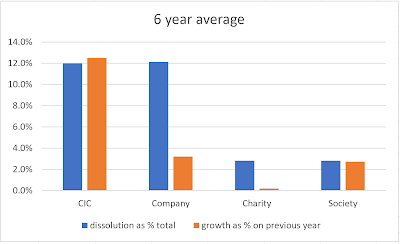I recently had the opportunity to spend some time with a group of facilitators who weren't only at different stages in their careers, but also in different countries, and worked in very different contexts, to each other.
Our excuse for giving up an hour and half in our day for each other was to share together how we approach our professional development - in hopes of spotting new opportunities and options, considering how well our current practices still meet our needs, and sharing some encouragement with each other (most facilitators are self-employed/freelancers, so it can get lonely sometimes...)The (unexpected?) key theme that emerged from our sharing of stories together, was that as facilitators all of our CPD should be geared to how we grow and develop as people, and how that in turn affects how we build relationships with other people in being 'emotionally available' - rather than the usual assumption of it being based on acquiring specific pieces of knowledge or technical skills.
This means we're more likely to engage and invest in counselling and therapy, in seeking to become more of an 'enlightened guide' as a facilitator, rather than a technical expert in a process (which may or may not always be relevant to the needs of the people we find ourselves working with to support).
But we also recognised that there were bags of 'practical stuff' that we need to know from time to time - and with the complication that we may not always know what those things are with enough lead time to be able to plan them into our schedules and diaries. As a result, we do a lot of "dynamic iterative orientation" (aka learning on the job with a little help from google, and then trying to find time to reflect on it all afterwards).
This point about reflection also came out strongly - and whilst we all feel that we're encouraged to journal about our learning, some shared that this approach simply doesn't work for them. However, just because we're not recording or capturing that reflection in any way, doesn't mean that it isn't happening and we're gaining from it.
There were also other approaches shared that wouldn't seem out of place in any other profession:
- reading whilst travelling (on a train obviously, it would be irresponsible to try and read and drive at the same time)
- LinkedIn learning
- trying to schedule regular times to reflect, and in doing so build better habits for investing in ourselves
And if we could open a time tunnel to send just one message or idea back to our younger selves about what we wish we'd learnt, realised, or invested in sooner with regards to our professional practice as facilitators:
- don't think you have to design a detailed process: it's better to keep things simple
- remember that getting a successful outcome with a group isn't all on you: the people in the room are equally (if not more) important in the process
- start learning about sketch notes earlier
- find more opportunities to be an 'understudy'/back-up facilitator to others
- it's OK to not only allow, but also encourage, conflict between people: it can enable them to better work though issues together, so that they can find resolutions and consensus that they can better agree and commit to, and then engage more fully in the wider outcome being sought to be facilitated
- be more honest and open about how we feel
- dance more (to feel good, not to look good)
- keep finding times to reflect, and especially in 'step away' spaces where there's less risk of distraction
Hopefully, the above captures the core of our discussions, but I'm sure others who were also there will add comment to this to correct, clarify, and contribute further where it's needed.
And if you're interested to get more insight into the practices, people, and places of facilitation, free free to drop by any of the International Association of Facilitators England and Wales' regular meetup calls that are hosted throughout each month - no charge to join, and no need to be an IAF member either!








